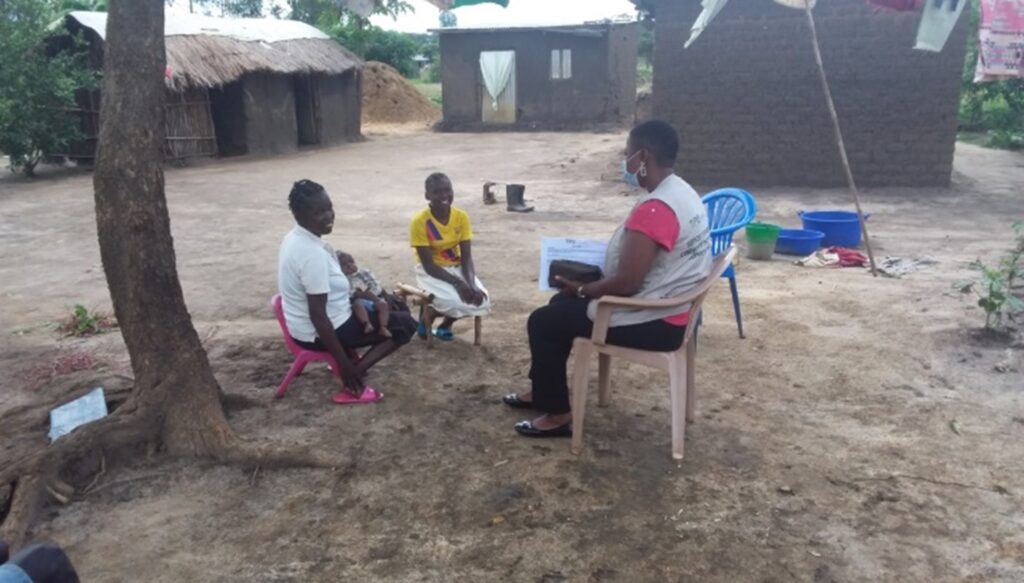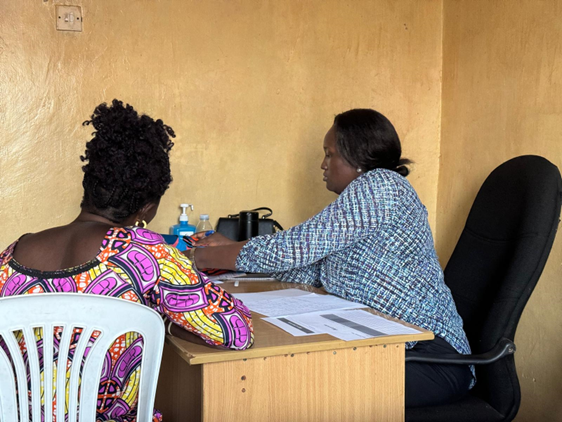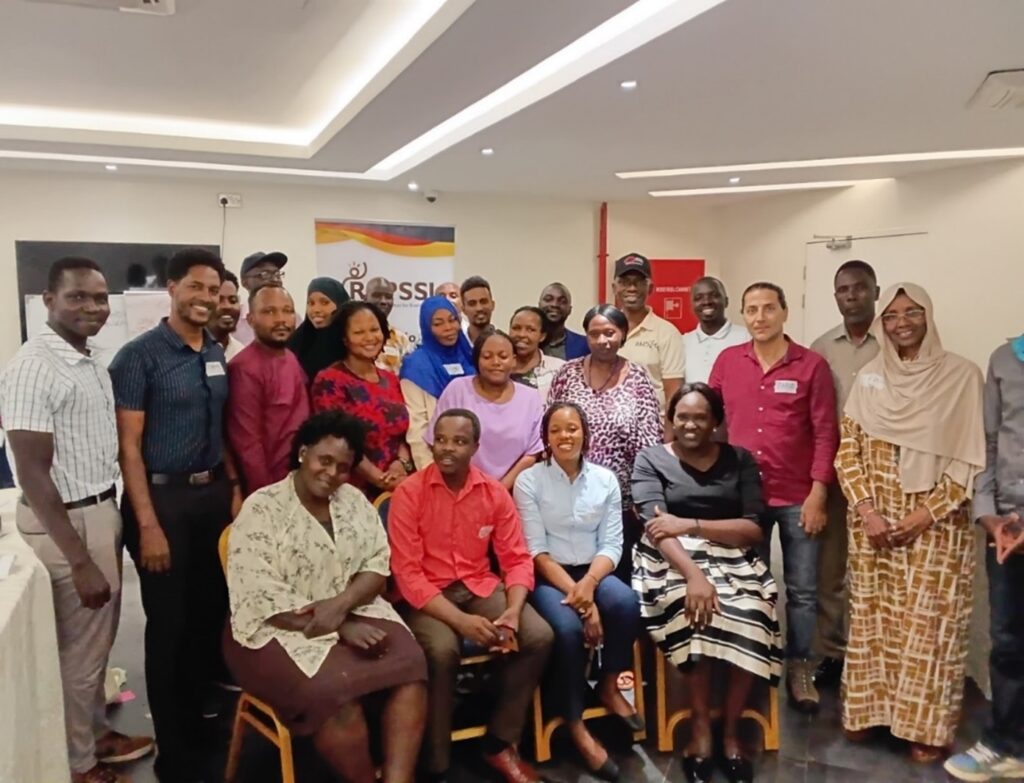
Enhancing Mental Health, Resilience, and Wellbeing for Urban Refugees in Kampala
The PROSPECT 2.0 project in Kampala Central Division focuses on providing mental health and psychosocial support (MHPSS) to urban refugees and asylum seekers. It aims to address psychological needs through counseling, community-based support groups, and trauma-informed care. The project also promotes social integration, reduces stigma around mental health, and strengthens community resilience. By enhancing mental wellbeing and social support, PROSPECT 2.0 seeks to improve the overall quality of life for refugees, fostering self-reliance and better mental health outcomes within the urban context.
OUR PROGRAMMING
PROSPECT 2.0 project aims to provide comprehensive mental health and psychosocial support (MHPSS) to urban refugees and asylum seekers in Kampala Central Division. The purpose is to address the psychological challenges faced by these populations, promoting resilience, improving mental wellbeing, and fostering social integration. The project strives to reduce stigma around mental health, enhance service efficiency, and strengthen community-based support systems. Its objectives include improving overall health outcomes, promoting self-reliance, and supporting long-term psychological recovery for refugees.

Project Approach and Model

The PROSPECT 2.0 project uses an integrated approach that combines MHPSS, GBV, and CP services to support urban refugees and asylum seekers. It focuses on community-based interventions, trauma-informed care, and peer support to address mental health challenges. The project enhances collaboration among stakeholders, streamlines service delivery, and promotes awareness campaigns to reduce stigma. This approach fosters resilience, social integration, and self-reliance, improving overall wellbeing and health outcomes.
The project is having a significant impact on urban refugees and asylum seekers in Kampala Central Division. Directly, beneficiaries experience improved mental health through access to counseling, trauma-informed care, and community-based support groups. They also benefit from reduced stigma around mental health and gender-based violence. Indirectly, the project fosters social cohesion and community resilience, empowering refugees to build self-reliance and better cope with challenges. Overall, the project promotes enhanced wellbeing, stronger support networks, and improved health outcomes, contributing to long-term positive change.
As we implement the PROSPECT 2.0 project, we at REPSI Uganda are learning the importance of integrated care models that combine mental health, gender-based violence (GBV), and child protection (CP) services for urban refugees. We’re discovering that community-based approaches are key to reducing stigma and promoting social cohesion. Additionally, the need for continuous stakeholder collaboration is essential for effective service delivery. We’re also learning that fostering self-reliance and resilience among beneficiaries significantly improves their overall wellbeing and ability to cope with ongoing challenges.
